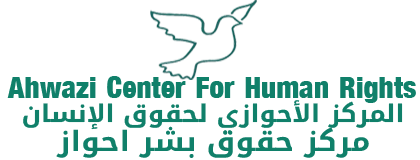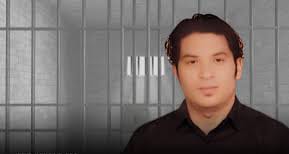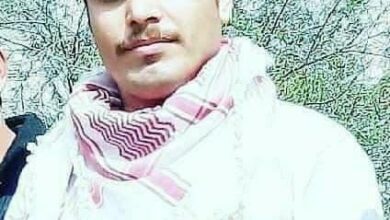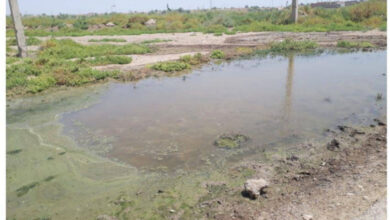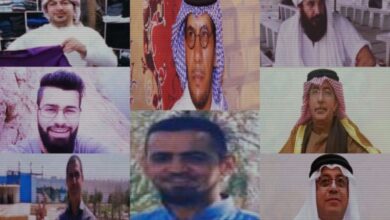The Story Behind Abolfazl Village
The Story Behind Abolfazl Village
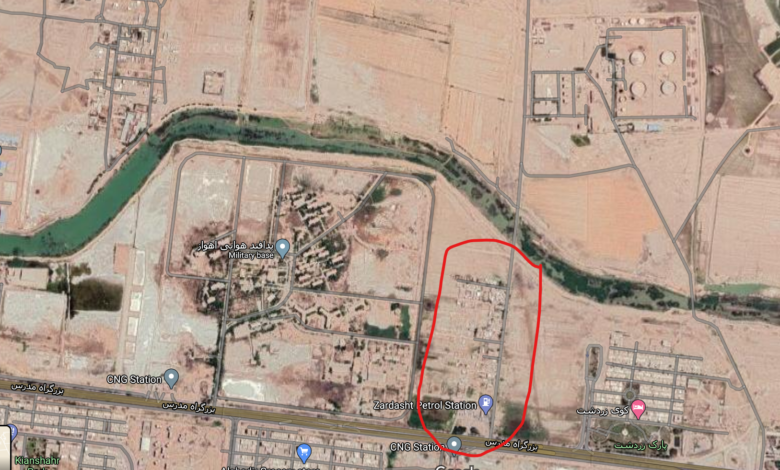
By Hossein Bouazar
Abolfazl village is located between Zardasht town and Kianshahr in Al-Ahwaz, where more than 300 families have been living for more than decades. Over the past years, all the governments that have come and gone tried to overtake these villages but the people of those villages resisted.
The question is why Iranian regime remembers this town now after many years where families built houses and made a living from generations in Abolfazl village and other villages around Ahwaz.
From killing Ahwazi Activists to publicly announcing that they hate Arabs (in different platforms) to Iranian regime’s deliberate attempt to Forced Migrate the Ahwazi citizens from Ahwaz to other regions, there has been a plan since this regime’s early days.
After Iranian regime’s failure of force migrating Ahwazi Citizens from their lands with man-made floods in 2019. they have decided to go back to the old technique, this time Iranian regime decided to destroy Ahwaz and Ahwazi people by destroying their houses. Iranian regime told the Indigenous Ahwazi Arab farmers to leave their homeland to seek safety elsewhere.
In the Abolfazl village, an Ahwazi citizen showed the destroyed homes of the village and added “This is the fatherland of all of us, and it is not clear what they want from our lands.”
The regime attacked the villagers who were preventing the destruction of their homes. The repressive forces used force, guns and tear gas.
The regime has arrested more than 130 Ahwazi citizen from Abolfazl village and some are bailed out;
- Younes Lowaime
- Karim Lowaime
- Jafar Lowaime
- Saeed Lowaime
- Rahim Lowaime
- Nader Lowaime
- Farugh Lowaime
- Hakim Lowaime
- Abdulemam Lowaime
- Esmael Lowaime
- Jafar Lowaime
- Mohammad Lowaime
- Mansour Lowaime
- Ahmad Lowaime
- Shejae Lowaime
- Hashem Lowaime
- Malek Lowaime
- Sabah Haraji
- Karim Haraji
- Adnan Sawari
- Lafteh Ghorbawi
- Jasim Heydari
- Majid Daghagheleh
- Jasim Afrawi
- Yousif Mousawi
- Mohammad Moghinmi
- Hossein Sayahi
- Hadi Sayahi
- Mehdi Sayahi
- Hamid Silawi
- Kazem Silawi
- Jasem Silawi
- Hamoud Silawi
- Jolahi Silawi
- Sajad Sharifi
- Ali Meree
- Ali Khasraji
- Walid Borwaieh
- Khalid Abidawi
- Naser Khalidi
- Mohammad Khalidi
- Hassan Gherbawi
- Ali Obidawi
- Hassan Helfi
- Amir Helfi
- AbdulSadeh Helfi
- Abdul Nabi Helfi
- Salem Saidawi
- Hakim Saidawi
- Saeed Saidawi
- Ali Heydari
- Jamil Marwani
- AbdulZahra Haraji
- Khalaf Haraji
- Adel Haraji
- Adnan Haraji
- Ramazan Haraji
The threat of forced displacement, deportation or execution of the Ahwazis, Kurds, Turks, Baluchs and Turkmens has been a persistent threat inside Iran. The lack of reaction by the international community concerning the state of human rights in the Ahwaz region and other non-Persian regions, has given the Iranian regime the right of life and death over entire communities.
We, the Ahwazi Centre for Human Rights (ACHR), are concerned about the situation in Ahwaz regarding the arbitrary behavior of the Iranian security forces. Iranian regime must stop the racist ideology of removing Ahwazi Arabs from their lands.
The Ahwazi Centre for Human Rights (ACHR) strongly condemned the criminal attack by the repressive forces of Iran on the village of Abolfazl.
Hossein Bouazar is a human rights activist from the Ahwaz region in Iran. He writes about human rights abuses committed on the Arab Ahwazi.
Ahwazi Centre for Human Rights
Date: 2020/08/28
